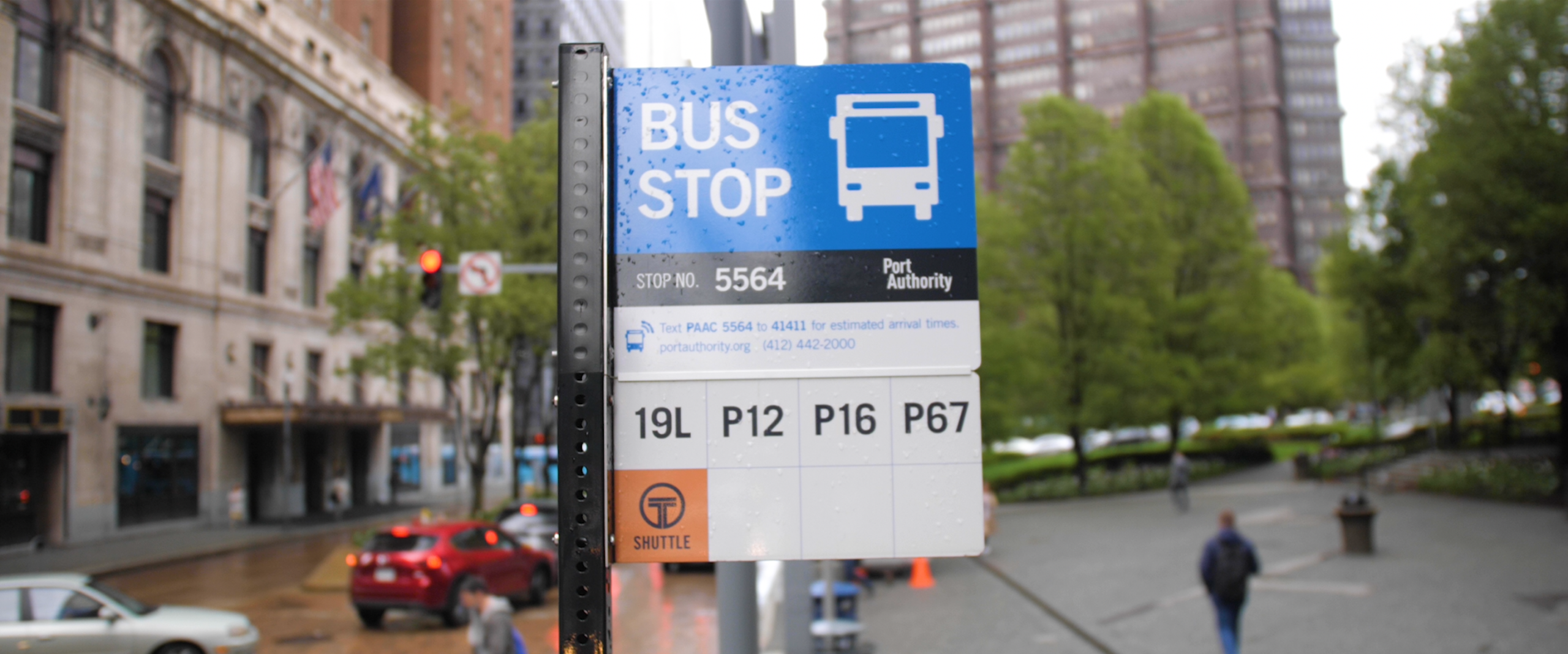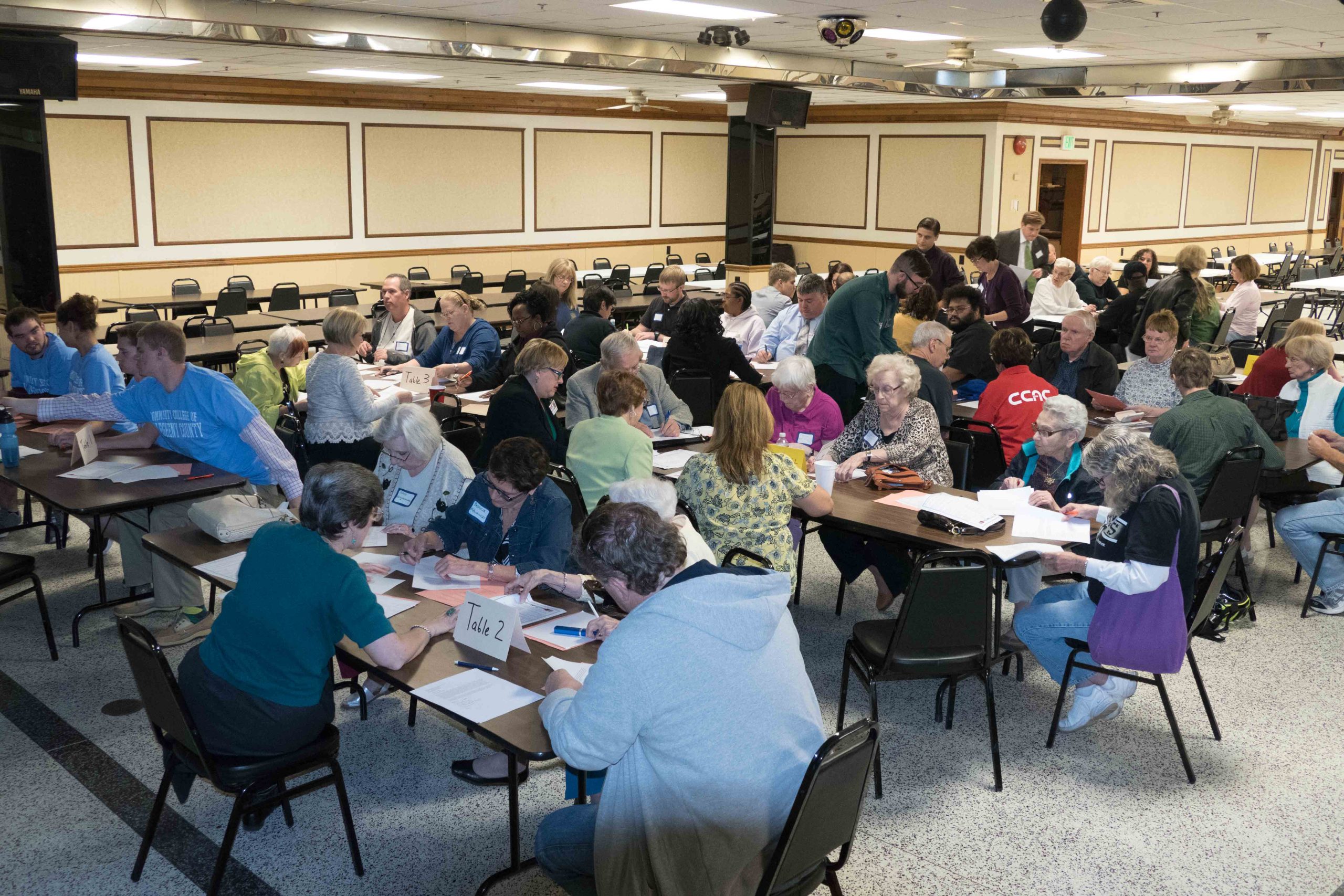
by Dan Yablonsky | Dec 4, 2019 | Uncategorized
art credit: Christina Acuna Castillo, Digital Organizer at Pittsburgh United Developers want to spend $15Million on a super-sized parking garage instead of providing for real community needs: affordable housing, improved transit, healthy food access, safe streets. We...

by Dan Yablonsky | Dec 2, 2019 | Uncategorized
“We all rise up when we center those who are at the margins.” -Ms. Pearl Hughey, PPT Member You can build this grassroots movement for transit equity, one that centers the leadership and value of those most marginalized. Donate today to push PPT’s...

by Dan Yablonsky | Nov 22, 2019 | Uncategorized
What is “Bus Stop Consolidation”? Near the beginning of September, the Port Authority unrolled a new Bus Stop Consolidation program. Their website reads; Your bus stop is the welcome mat to our service. For a better transit experience, we plan to reduce...

by Dan Yablonsky | Nov 20, 2019 | Uncategorized
We know how to improve mobility for our communities. For years, our neighbors in Hazelwood, Four Mile Run, Greenfield, Panther Hollow, Squirrel Hill and the surrounding communities have put forward ideas to improve our mobility: accessible sidewalks, expanded transit...

by Dan Yablonsky | Nov 20, 2019 | Uncategorized
Congratulations to the Northland Library, CCAC North, Crisis Center North and the hundreds of residents, political officials and businesses along the Perry Highway corridor who have kept up the advocacy for transit service to the corridor for the last five years! We...






